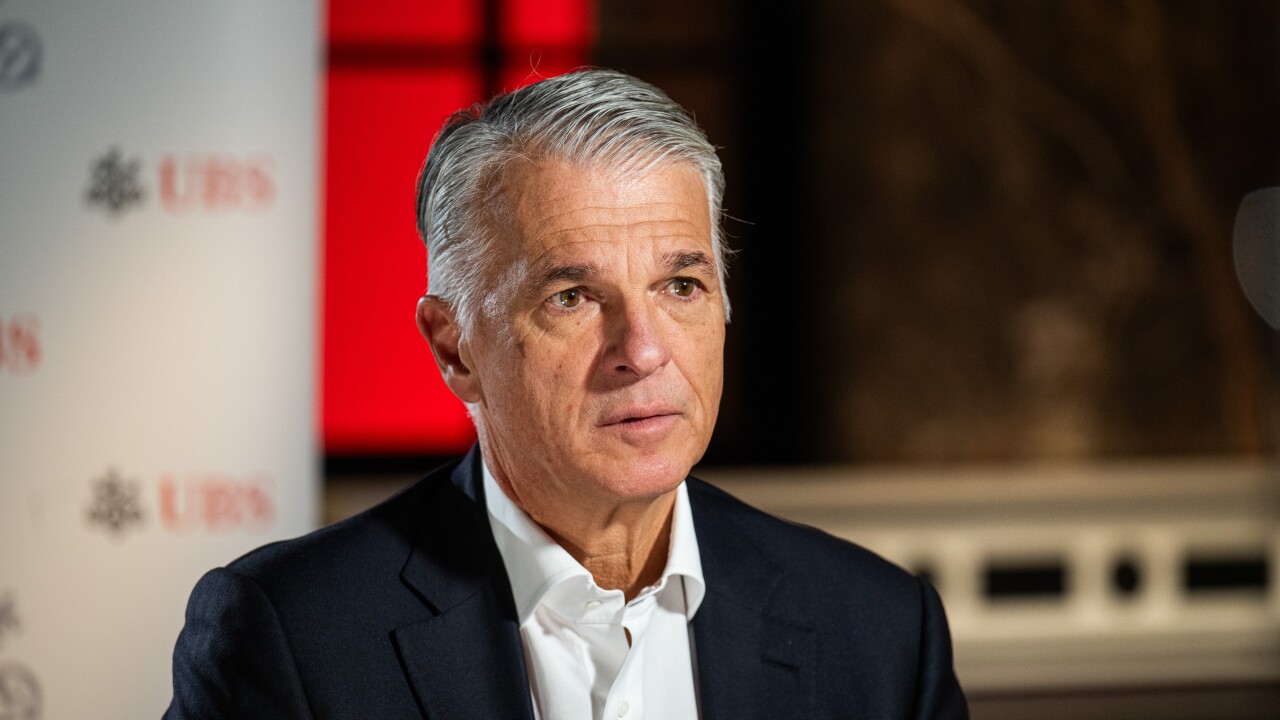High net worth investors are returning their money to the market and have put the painful memories of past financial shenanigans in the rearview mirror but they're more fickle than ever when it comes to sticking with their primary financial institution or their individual financial advisor.
A Northstar/Sullivan "Rebuilding Investor Trust" study released this week found that 36% of people with at least $100,000 in investable assets said they would consider moving their portfolio to another shop and one in four said they would jettison their current advisor for someone else who could provide either better investment options or a higher level of customer service.
And this sentiment comes despite the fact that most of the 1,290 folks surveyed (51%) are "very satisfied" with their advisor and 43% claim to be "very satisfied" with their firm.
Apparently, being "very satisfied" still isn't enough for many well-heeled investors.
"Investors are more forgiving and evince far greater trust in their advisors and institutions than in 2009," Jim Neuwirth, president of Northstar Research Partners, said in the report. "The anger, disappointment and sense of betrayal that many investors felt in 2009 have greatly dissipated. [But] investors are still fearful they won’t meet their financial goals but are no longer afraid to take more control and make changes."
Younger investors, women and those with assets in the $250,000 to $500,000 range were most likely to say they'd leave their firm, their advisor or both and the top reason given was "better investment performance."
This struggle to
However, with defection and dissention comes opportunity.
The survey found that 25% of investors who currently do not have an advisor are actively looking for one and plan to cement a relationship with a money pro within the year.
"Looking ahead, we see our findings as a wake-up call for institutions but also a great acquisition opportunity, as investors are more open to other providers who can show them a more compelling roadmap for success," Barbara Sullivan, managing partner of Sullivan, said in the report. "This means institutions and advisors should take a more active approach to engaging their clients and prospects with transparent language and personalized service."
While 74% of investors surveyed said they trust their current advisor -- up from 61% in 2009 -- that may be more a reflection of investors' notoriously short memories as the high-profile ponzi scams and bank bailouts reigned in their inner Gordon Gekkos and convinced them to play it safe and, therefore, invest in the safe products and strategies suggested by their advisors.
In 2008, only 22% of investors identified themselves as "conservative" compared to 41% this year. Fifty-eight percent of high net worth investors queried said they are most focused on protecting principal while only 39% are most interested in long-term growth.
"Investors have not increased their appetite for risk compared with 2009 figures and continue to be dramatically more risk-averse than prior to the pre-market downturn," Neuwirth added.





